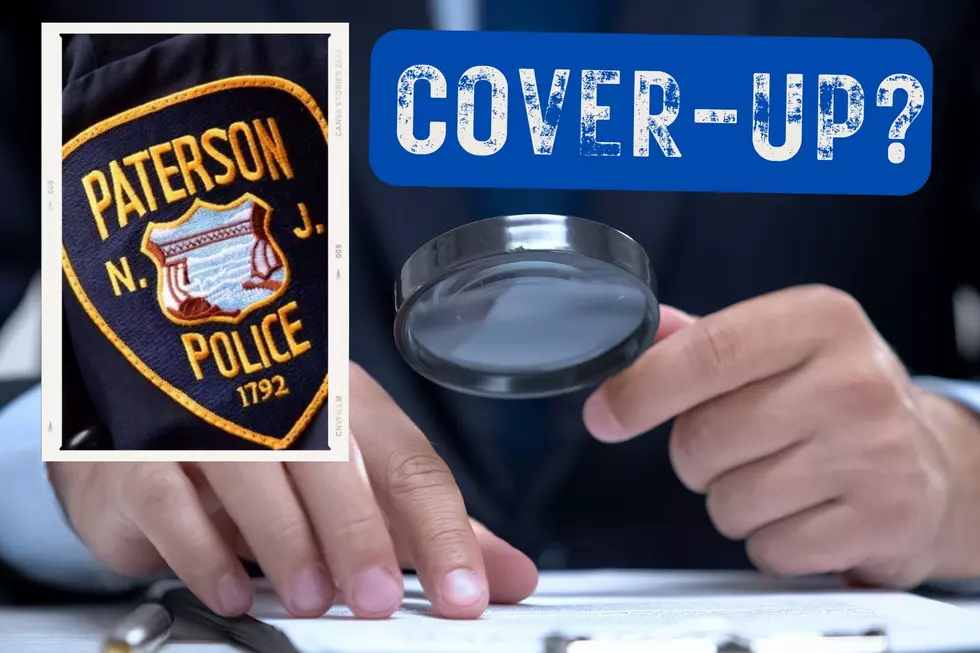
600-pound bus driver loses job: Obesity not covered by NJ anti-bias law
PATERSON — A 600-pound man who lost his job as a bus driver after failing repeated medical and physical evaluations cannot claim that he was discriminated against for being obese, state judges ruled Thursday.
Corey Dickson sued Community Bus Lines, which does business as Coach USA, claiming that he was subjected to a hostile work environment before he lost his job.
But a Superior Court judge last year dismissed the lawsuit because fat people are not one of the protected groups under the state Law Against Discrimination. That decision was upheld Thursday by a three-judge appellate panel.
While disabled people are considered a protected class, state courts will only consider obesity as a disability if it was caused by bodily injury, birth defect or illness.
The Superior Court judge pointed out that doctors never determined that Dickson was disabled and that he had previously passed every physical since he was hired in 2005, even though his weight had never been less than 500 pounds.
Bus drivers are required to pass a medical exam every two years and obtain a medical certification card verifying that they are fit to drive. He failed his physical for the first time in 2015.
The discrimination law prohibits biased treatment in employment, housing, places of public accommodation, and credit and business contracts in all or most of the following:
- race
- religion
- color
- national origin
- nationality
- ancestry
- age
- sex (including pregnancy)
- familial status
- marital status
- domestic partnership or civil union status
- affectional or sexual orientation
- gender identity or expression
- atypical hereditary cellular or blood trait
- genetic information
- military service
- mental or physical disability or perceived disability
- AIDS/HIV status
On appeal, Dickson argued that while obesity may not be a disability, his company acted as if they perceived it to be a disability.
He argued that the company must have believed he was disabled because before he was hired he had threatened to sue if they turned him down for being obese.
But judges did not buy this argument because obesity alone is not a protected class and Dickson could not show that the company had ever treated him as if he were disabled. He had the same routes and pay as everyone else and had won company awards for his performance.
According to the appellate decision’s summary of the case, Dickson was examined in April 2015 by an independent doctor who noted that he could not bend over to take off his shoes. The doctor found that he had “a massive pedal edema and venous stasis.” The doctor temporarily disqualified him from driving a bus until he could be tested for sleep apnea, mobility and get an echocardiogram, which is a heart sonogram.
The bus company had him get a second opinion. That second doctor confirmed the first doctor’s conclusions and added that Dickson’s swelling in the legs could be an indicator of heart disease and that his weight might aggravate health conditions such as sleep apnea, which is a concern for bus drivers and train conductors.
Dickson filed his lawsuit in February 2016. He got a third examination in July 2017 and was diagnosed with sleep apnea. Two days later he suffered a stroke, the appellate decision says. He was later diagnosed with peripheral edema, obstructive sleep apnea, morbid obesity, chronic congestive heart failure, myocardial systolic dysfunction and more.
The judge who tossed the lawsuit also found no evidence that he was subjected to a hostile work environment, which is another component of the discrimination law.
The lawsuit had said that his co-workers regularly made rude comments like calling him “fat,” compared his size to a bus or “a 747,” and said that he might eat all the snacks in the vending machine or break a chair if he sat on it.
“While these comments were hurtful,” the judge reasoned, they were not severe or pervasive enough to affect his employment.
The appellate judges added that his co-workers' comments “were not physically threatening, and were in line with the self-deprecating comments plaintiff made about himself."
“In addition, [Dickson] never claimed that the rude remarks unreasonably interfered with his work driving the bus," Thursday's decision says. "Until he was unable to secure a medical certification card, [Dickson] was a valued employee who received several commendations. Community never fired [Dickson], and kept his job open in the hope that he would be able to pass his licensing examination.”
To contact an editor about this story, click here to email Deputy Digital Editor Sergio Bichao.
More From New Jersey 101.5 FM









